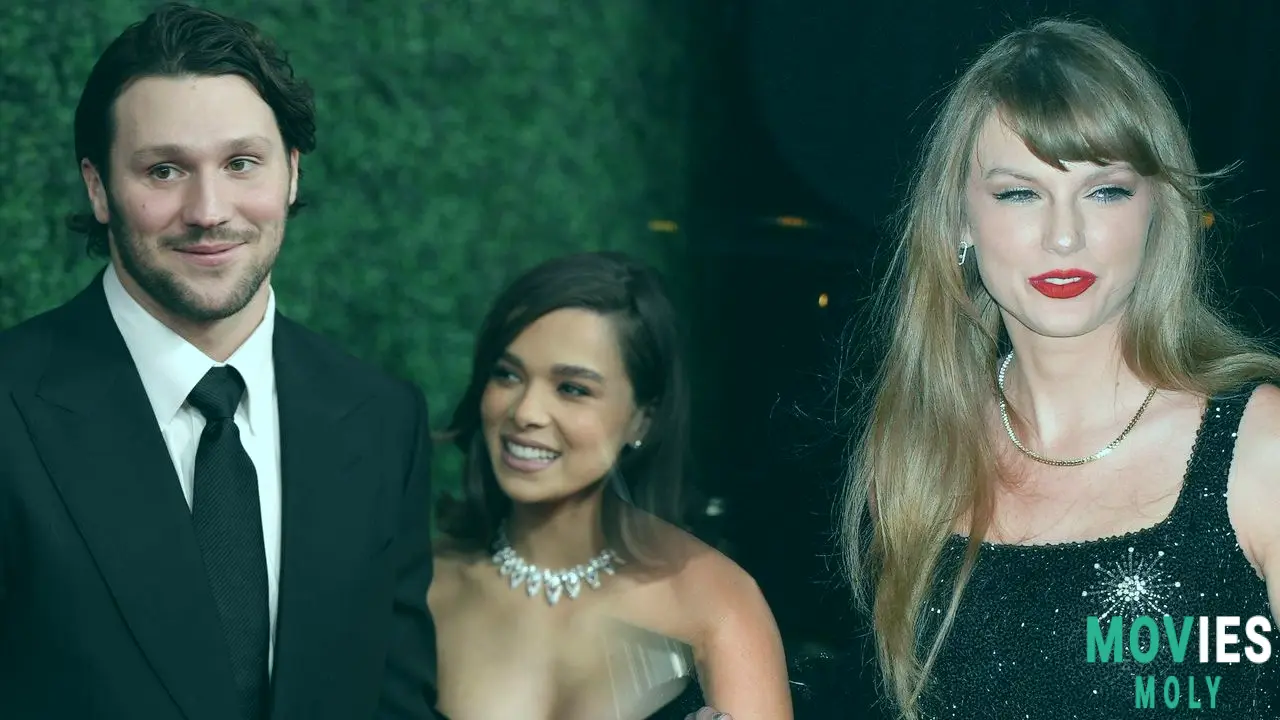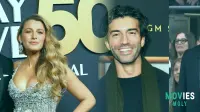Taylor Swift has been drawn into the messy legal fight between Blake Lively and Justin Baldoni — not as a defendant, but as a potential witness. The pop star was subpoenaed in the growing lawsuit storm surrounding the film It Ends With Us, despite her team’s insistence that she has no real connection to the behind-the-scenes drama.
The reason behind Swift’s subpoena in the high-profile lawsuitThe Swift subpoena stems from text messages revealed in Baldoni’s $400 million defamation countersuit against Lively and her husband, Ryan Reynolds. In the texts, Baldoni appears to reference Swift’s presence in a now-controversial meeting at Lively’s New York penthouse — where Reynolds and Swift reportedly backed Lively’s script rewrites as the actor-director filmed the project.
One message from Baldoni to Lively reads: “I really love what you did. It really does [help] a lot... (And I would have felt that way without Ryan and Taylor).” Lively later responded with a metaphorical jab, calling Swift and Reynolds her “dragons,” a clear nod to her Game of Thrones inspired imagery.
Though Swift is not named in any of the suits, her involvement is alleged to mirror the “megacelebrity” role described in the filings — a role that Baldoni’s legal team suggests was used to exert pressure on him to accept Lively’s script changes.
Swift’s camp denies any creative role in the film
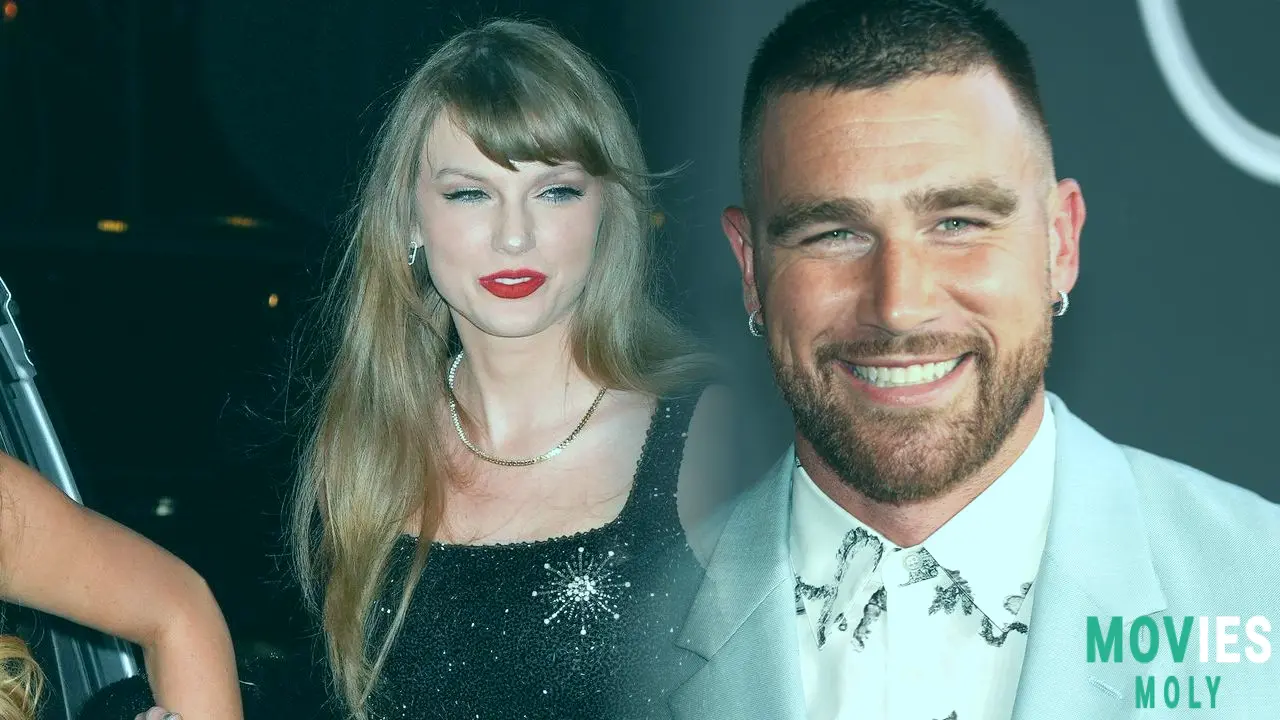
Swift’s representatives have been consistent in their response: she wasn’t involved in the filmmaking process. A spokesperson told multiple outlets that Swift “never set foot on the set,” had no say in casting, didn’t review edits, and only licensed her song My Tears Ricochet for a single scene and the trailer.
“She did not even see It Ends With Us until weeks after its public release,” the statement reads. “Given that her involvement was licensing a song for the film, which 19 other artists also did, this document subpoena is designed to use Taylor Swift’s name to draw public interest by creating tabloid clickbait instead of focusing on the facts of the case.”
How Swift’s connection to the film became part of the narrative
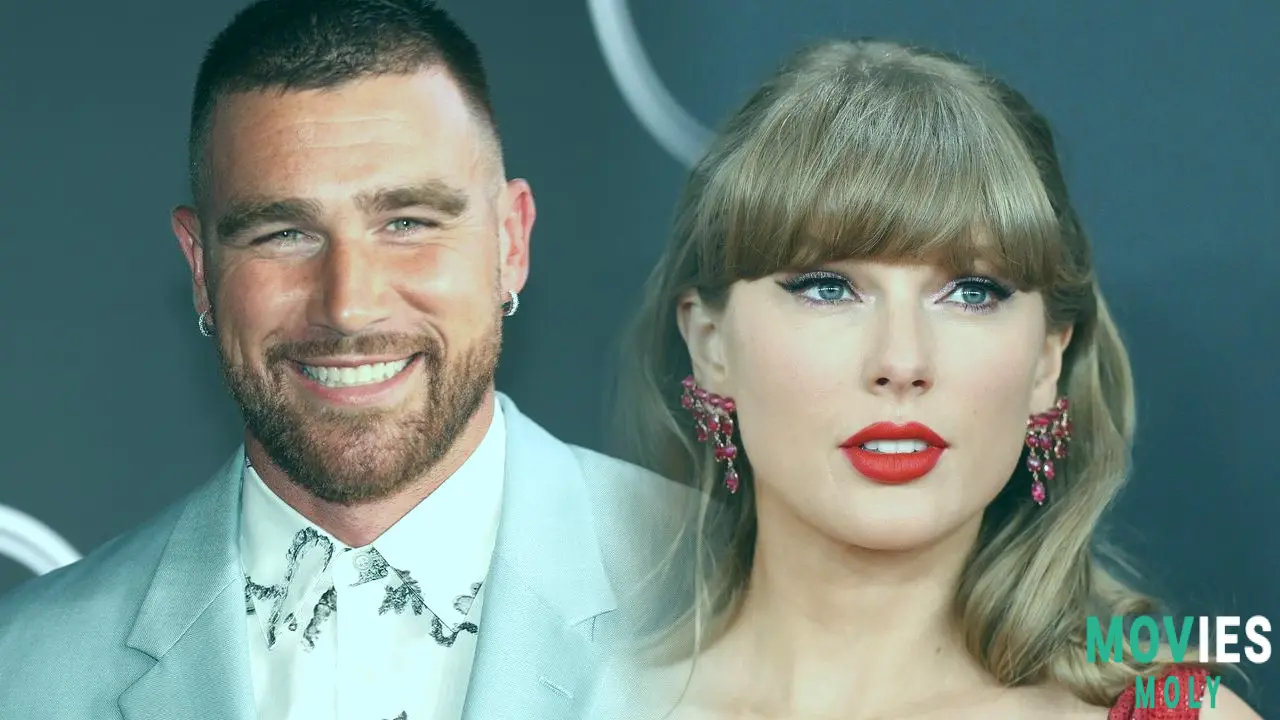
Despite Swift’s limited link to the movie, some reports suggest her involvement may have extended slightly into the casting process. Isabela Ferrer, who played a younger version of Lively’s character, said Swift was “helpful” during her audition. However, this claim hasn’t been substantiated, and Swift’s team maintains it was never part of a creative decision.
The key point of contention remains the rooftop scene rewrites. Baldoni alleges Lively improvised script changes and staged a meeting with her husband and Swift to pitch the new dialogue — a move he says pressured him into compliance. Lively’s team, meanwhile, frames Baldoni’s legal strategy as an attempt to weaponize Swift’s name for media attention.
Celebrity subpoenas aim to uncover internal dynamics
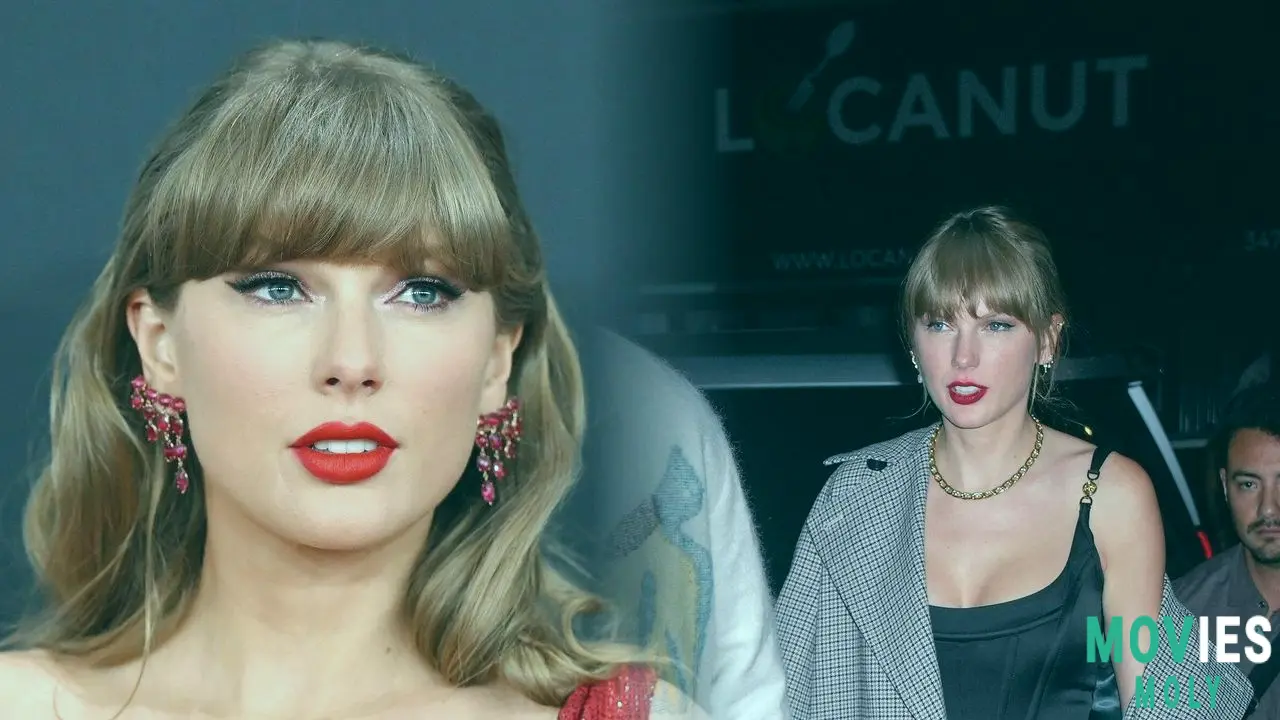
Swift isn’t the only high-profile name facing a subpoena. Sources say Hugh Jackman may also be served, though insiders claim neither Swift nor Jackman have relevant information. The goal, it seems, is to question anyone who might have witnessed or played a part in the internal power dynamics on and off the set.
Reynolds, who has no official role in the film, is already under fire for allegedly rewriting scenes and intervening in ways Baldoni describes as “unauthorized.” Lively’s lawsuit accuses Baldoni of sexual harassment and unprofessional behavior, while Baldoni’s countersuit paints Lively and Reynolds — along with their PR teams — as orchestrating a campaign to ruin his reputation.
Legal battle over It Ends With Us turns into a media spectacle
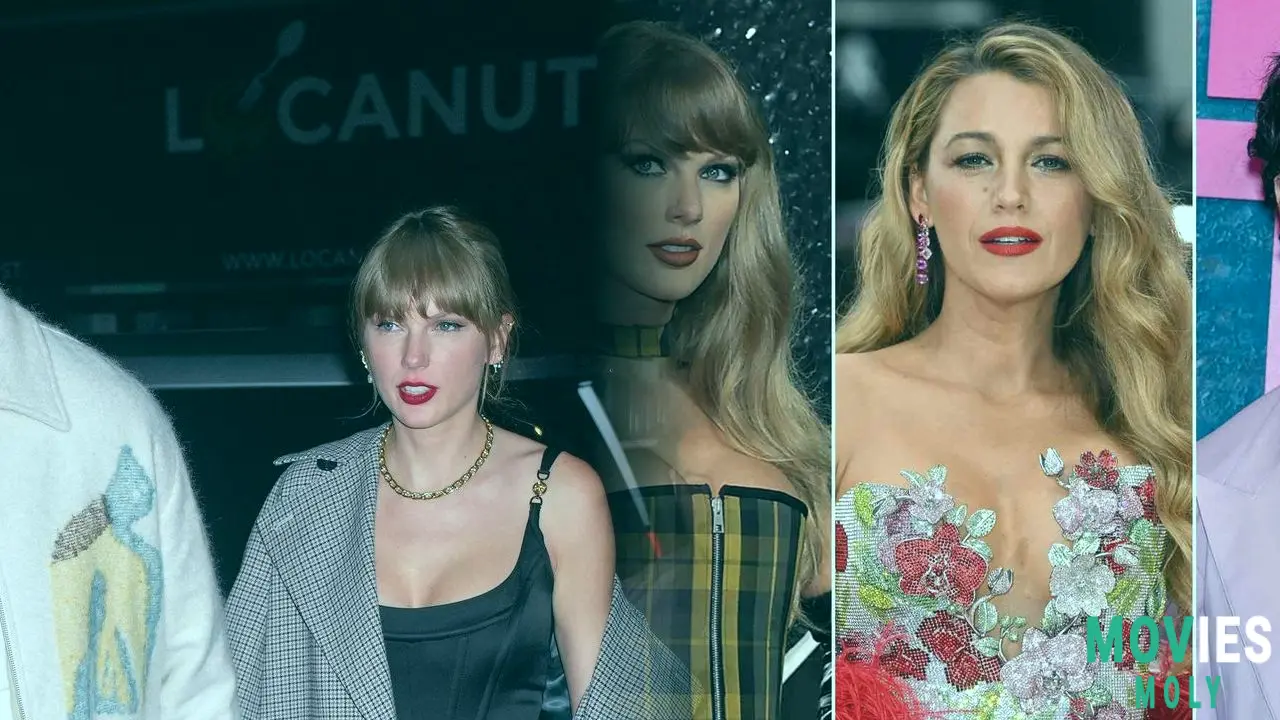
What started as a behind-the-scenes conflict has exploded into a multi-million-dollar legal war, with Swift’s name now caught in the crossfire. Her team’s statement makes one thing clear: Swift’s involvement was strictly musical, and the subpoena is more about press coverage than pertinent testimony.
Whether Swift will actually provide meaningful insight into the case remains to be seen. But for now, her subpoena stands as a reminder of how easily one of the world’s biggest stars can be pulled into Hollywood’s most tangled dramas — even when she’s just licensing a song.
The trial, covering claims of sexual harassment, defamation, and creative control, is scheduled for March 2026. Until then, expect more subpoenas, more text messages, and more Swift mentions in stories she likely hoped to avoid.

